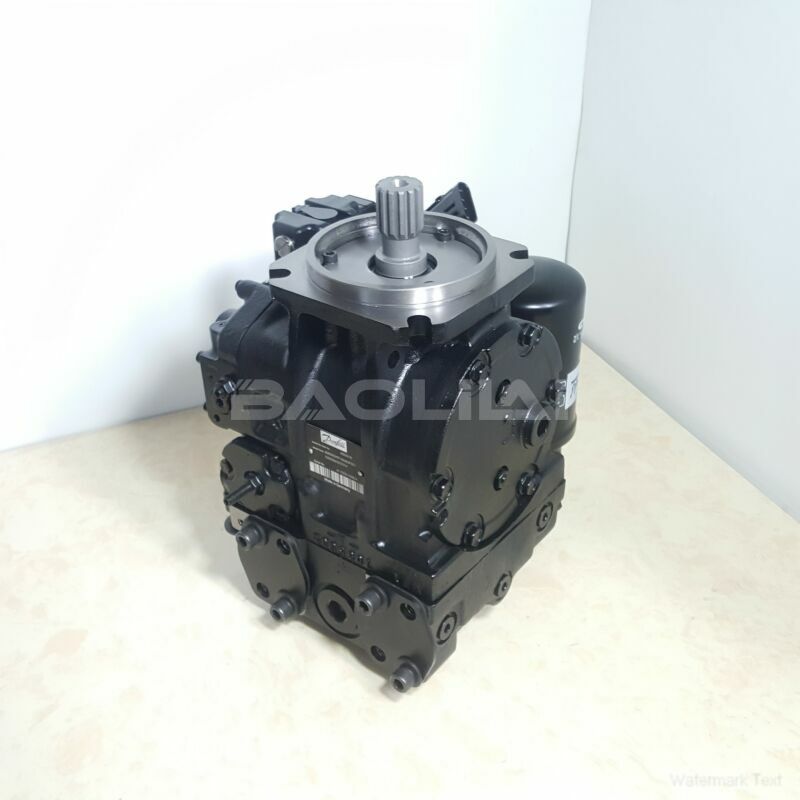90R055KA1NN60S3S1C03GBA202024 piston pump
90R055KA1NN60S3S1C03GBA202024 piston pump

- Product Details
- Applicable Scene
In the cement industry, where heavy machinery operates continuously under demanding conditions, the effective circulation of fluids is crucial for ensuring optimal performance and longevity of equipment. Hydraulic pumps play a vital role in fluid power systems, providing the necessary pressure and flow to drive various hydraulic components in cement plant machinery. This article explores the significance of hydraulic pumps in fluid circulation and their contributions to operational efficiency and productivity in cement manufacturing.
90-R-055-KA-1-NN-60-S-3-S1-C-03-GBA-20-20-24
90R055KA1NN60S3S1C03GBA202024
Hydraulic systems in cement plants are used to power machinery such as mixers, conveyors, cranes, and other equipment essential for the cement production process. A hydraulic pump’s primary function is to convert mechanical energy into hydraulic energy, generating the pressure required to move hydraulic fluid through the system. When hydraulic fluid circulates, it allows for smooth operation and precise control of machinery, which is particularly important in managing the heavy loads and high stresses typical in cement production environments.

80005018
There are several types of hydraulic pumps utilized in the cement industry, including gear pumps, piston pumps, and vane pumps. Each type has its advantages and suitability depending on the application. Gear pumps, for instance, are known for their simplicity and robustness, making them ideal for applications where reliability is paramount. Piston pumps, on the other hand, are favored for their ability to generate high pressure, suitable for systems requiring significant force. Vane pumps offer a balance of efficiency and performance, making them versatile for various hydraulic applications.
One of the key benefits of employing hydraulic pumps in fluid power systems is the enhanced control they provide over machine operations. Hydraulic systems are capable of delivering precise force and speed control, which is essential for tasks that require intricate movements, such as loading and unloading materials. Furthermore, the ability to easily adjust the flow rate and pressure extends the functionality of machinery, allowing operators to tailor operations to specific requirements, thereby improving productivity and resource utilization.





